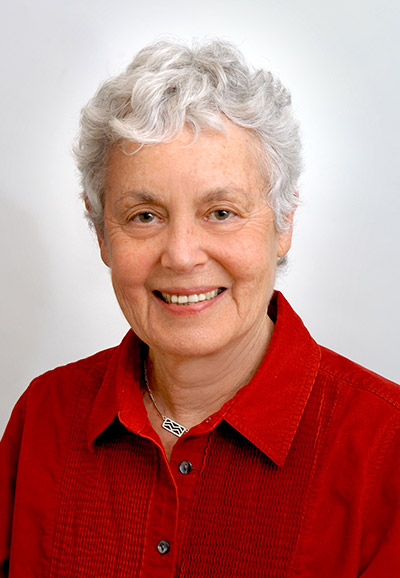Helping Black Women Beat Insomnia
Rosenberg receives $2.2 million for three-year study

Black women are among those most likely to have insomnia, according to Lynn Rosenberg, associate director of Boston University’s Slone Epidemiology Center, a BU School of Public Health professor of epidemiology, and a principal investigator of the Black Women’s Health Study (BWHS). Rosenberg was recently awarded a three-year, $2,225,495 grant from the Patient-Centered Outcomes Research Institute (PCORI) to study web-based therapy approaches to combating insomnia in black women. The study will use a self-administered internet program called SHUTi (Sleep Healthy Using the Internet), a web tool based on cognitive behavioral therapy for insomnia (CBT-I), to help assess black women’s sleep health.
CBT-I is the most effective treatment for insomnia because it treats the underlying causes of the disorder, unlike medications that only treat the symptoms. Unfortunately, there are few healthcare providers in the United States that are trained to provide CBT-I. There are other barriers for black women as well, such as not having adequate access to healthcare.
While SHUTi has been shown to improve insomnia symptoms, the program has not been tested adequately in black populations. Rosenberg and her team propose to adapt SHUTi to make it more effective for black women and to conduct a study comparing the usual care that most black women will receive if they go to their doctor to seek insomnia treatment (information on sleep hygiene), the standard SHUTi program, and the adapted SHUTi program that has been tailored to black women (SHUTi-BW).
“The SHUTi-BW program, if successful, could improve insomnia symptoms among many black women across the country, which in turn could lower their risk of the many health problems related to poor sleep,” says Rosenberg.
“This project was selected for PCORI funding not only for its scientific merit and commitment to engaging patients and other stakeholders, but also for its potential to fill an important gap in our health knowledge and give people information to help them weigh the effectiveness of their care options,” says Joe Selby, PCORI executive director. “We look forward to following the study’s progress and working with Boston University to share the results.”
Comments & Discussion
Boston University moderates comments to facilitate an informed, substantive, civil conversation. Abusive, profane, self-promotional, misleading, incoherent or off-topic comments will be rejected. Moderators are staffed during regular business hours (EST) and can only accept comments written in English. Statistics or facts must include a citation or a link to the citation.